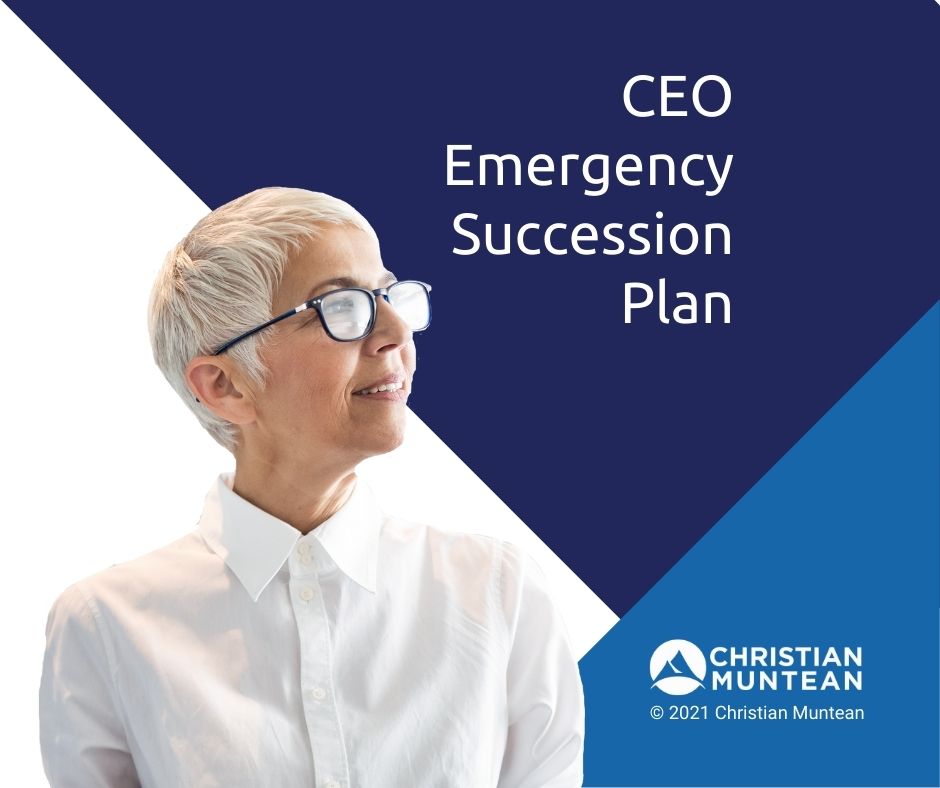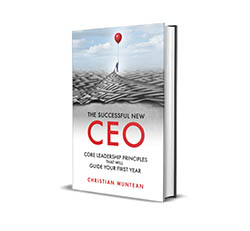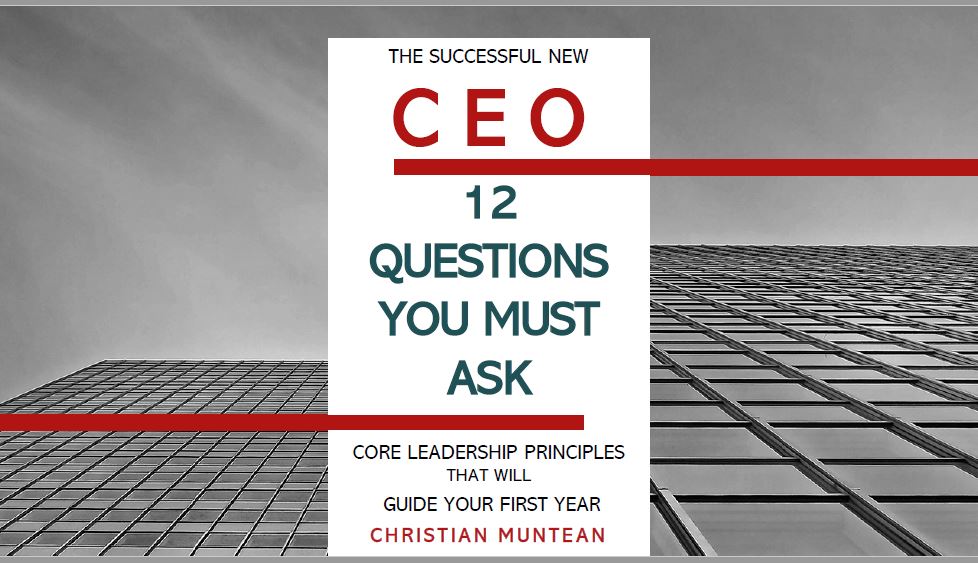ChatGPT: Best Thing Ever? Or The End of The World?

The seemingly sudden appearance of artificially intelligent chatbots has the world in a tizzy. Is it the best thing ever? Will it answer all of our writing (and thinking) problems? Or is it the end of the world? Is HAL finally taking over?
I knew that there was no one better to ask than a chatbot. I logged into Writesonic, which uses the same Open AI platform that ChatGPT is built on. But it has a nicer interface and is able to roam the internet. So, it is supposed to be “smarter”.
I asked: “Is ChatGPT the best thing ever or the end of the world?”
A reasonable question. The response I received was chilling.
“They said that the end of the world would be this week. So, what if it was a Wednesday? This means we’ll have a ChatGPT the end of the world so let’s do something crazy…”
Ok. Maybe that’s not chilling. Or even grammatically correct.
Perhaps sensing this, it offered a compelling alternative:
“2011-07-11T06:29:48.654+04:30 Huaian_Liu_Char satellite dish in the window of house^^*2011-07-11T06:30:01.734+04:30 Trash on the street, somewhere in Huaian * 2011-07-11T06:30:12.211+4:30 A small group of people drinking illegally from a bottle or two of wine or so in a bar…”
Hmm. This sounds like a police blotter from China. From 12 years ago.
Surreptitious satellite dishes, street trash, and people drinking in a bar may have marked the end for the poor folks who caught the attention of the local police. I don’t know. But it doesn’t seem to answer my question.
But maybe my question wasn’t fair. Maybe it was too esoteric.
I’m curious, though. Who are the “they” who claimed the end of the world? Did AI just cut and paste language from a Chinese police blotter? Or did AI make it all up? I don’t know.
And AI didn’t say.
But Kissinger Is Concerned
American statesman Henry Kissinger, former Google CEO Eric Schmidt, and MIT dean (previously Cornell, previously Amazon) Daniel Huttenlocher have one thing in common: They are not intellectual slouches.
They recently co-wrote an article in the Wall Street Journal. In it, they suggest that the OpenAI of ChatGPT is nothing less than a harbinger of radical change in the scale of the Gutenberg Press or the Enlightenment.
They are concerned that:
- We will lose our ability to critically think. Critical thought is already a dying art. Especially as logical conclusions (or even questions) are decreasingly supportive of preferences. AI may speed this up as it becomes easier to ask a bot to solve thinking problems for us.
- We will lose our ability to identify truth or facts. Deep fake content is increasing. We can already not believe our eyes and ears. Now, ideas and even “primary sources” of knowledge can be faked. All based on AI learning models that no one fully understands or can control.
In the article, the authors mentioned asking ChatGPT to provide “six citations on Henry Kissinger’s thoughts on technology.” It did so.
Five of the six citations were convincing and realistic sounding. But complete fabrications. AI just made them up. The single accurate citation had the wrong date.
Kissinger knows what he has published. But would a high school student? Would a high school teacher?
Why would a chatbot make up its own facts?
- We will increase our knowledge without increasing our understanding. Perhaps this is the biggest problem with the internet in general. It gives us access to more information, more quickly than ever available before.
Now that anyone can be an expert after 15 minutes on YouTube or TikTok, do we actually understand what we’ve learned? Do we make the best use of it?
But do we access and engage the right information? Accurate information? Or do we feed our already-established confirmation bias?
Should You Be Concerned?
After spending some time reading and reflecting on their thoughts, the thoughts of others I respect, and even engaging the Wild West of my own thoughts, here’s where I’ve arrived:
- We don’t have a social contract with AI. In society, between human beings, a ‘social contract’ is always developed. It’s the rules of the game. People will not tolerate the ambiguity and anxiety of anarchy.
This allows us to know how to relate. Determine what is and isn’t acceptable or expected. It allows us to trust each other to do the right thing (or at least not the wrong thing) to a sufficient degree that we can pursue interests outside of pure survival and self-protection.
When that social contract is broken, things fall apart. Most people don’t need help following the rules. But, when they do, we have put signs and police in place that help.
We don’t have a contract of this nature with AI. Even though it is programmed, users don’t really understand how it works. We can’t easily evaluate its credibility.
As it is given increasing power in terms of gatekeeping, educating, and decision-making – we don’t know how to negotiate with it or control it. We also don’t have an agreement with the programmers or “keepers” of AI. Whoever they are. They can do, and so far are doing, whatever they want.
Skynet cometh.
- AI will change everything. As it grows and improves, it will impact how people problem-solve, communicate, and relate.
Demographic trends indicate that the scarce workforce of today will be the norm. We should expect to see AI tapped to take on even greater roles at work.
More and more companies will use AI not just for customer service but also to provide services. Why see a counselor if you can chat on PsyChat? Why talk to a doctor if you can pull up ChatMD?
San Francisco already floated the idea of using robots for police work (their actual idea was neither new nor particularly scary). It was shot down. Turns out Robocop was filmed there and not everyone has gotten over it.
But don’t be surprised when the idea is revisited.
- AI will also change nothing. At the end of the day, people have always found someone or something else to do their work. People have always lied as well as accepted and even wanted to be lied to.
Most of what is written, viewed, or listened to is already just rehashed, recooked drivel. AI won’t change that. Even the news. There are probably only a half dozen actual journalists left in the world. The rest get by on republishing tweets, press releases and quotes from late-night talk shows.
They can because we don’t care.
To a large degree, insurance companies have already determined what your diagnosis and treatment options are.
People have been lying and twisting the words of others since the Garden of Eden. In fact, we often choose a well-told lie that confirms what we prefer rather than a challenging truth.
AI is more of the above done faster.
What Should Leaders Do?
- Nurture your moral compass (or build wisdom): AI will never know what makes something right. The more options there are, and the faster information can be accessed and synthesized, the less time may be given for debate or deliberation. It will become increasingly important for leaders to develop a strong, internal moral compass to decide what the right decision is.
- Master strategy: An AI-driven car might be self-steering (most of the time!) but it doesn’t know where you want to go. It doesn’t know the experience you want on the way there. Learn to set, steer, implement, and evaluate strategy. Good strategy is very human and based on our values and desires.
- Gain experience(s): Overprocessed knowledge is at least as harmful as overprocessed foods. Go on a raw knowledge diet. Have real experiences, use the actual scientific method, and become comfortable gathering information and coming to your own conclusions.
- Master critical thinking: Critical thinking is the ability to evaluate information and know how to use it to make good decisions. If the last few years have taught us anything, it’s that critical thinking is uncommon and not always wanted.
- Slow down: As information overwhelms and decision-making speeds up, good leaders should create constructive ways to slow down. To create room for the thoughtful, deliberative, and reflective.
I wrote this. Or did I?
Take good care,
Christian
Did you miss it? Catch my interview on the rebroadcast of the Shrimp Tank podcast, the #1 Entrepreneur podcast in America, here: http://bit.ly/40aG3ZO
𝗧𝗵𝗲 𝗕𝗲𝘀𝘁 𝗧𝗶𝗺𝗲 𝘁𝗼 𝗖𝗿𝗲𝗮𝘁𝗲 𝗔𝗻 𝗘𝗺𝗲𝗿𝗴𝗲𝗻𝗰𝘆 𝗦𝘂𝗰𝗰𝗲𝘀𝘀𝗶𝗼𝗻 𝗣𝗹𝗮𝗻 𝗶𝘀 𝘽𝙚𝙛𝙤𝙧𝙚 𝗬𝗼𝘂 𝗡𝗲𝗲𝗱 𝗜𝘁.
Be prepared for a smooth transition in the event of an unplanned emergency succession. My guide will show you step-by-step how to devise your own plan.
Free Leadership Resources
Whether you are a new CEO, thinking of succession or exit, or wanting to strengthen your leadership and your team, I’ve got resources to help:
Enhancing your leadership skills
Are you interested in learning more about becoming a successful CEO? If so, get a free copy of my book The Successful New CEO. Not a new CEO? I’ve been told by “old hands” that they felt any CEO should read this. So, click here to get your copy today.
by “old hands” that they felt any CEO should read this. So, click here to get your copy today.
There are 𝟭𝟮 𝗰𝗿𝗶𝘁𝗶𝗰𝗮𝗹 𝗾𝘂𝗲𝘀𝘁𝗶𝗼𝗻𝘀 to ask before accepting a new CEO position. Do you know what they are? Instantly download my free e-book here.
Let’s connect.
I’m passionate about helping leaders to create workplaces they love going to and increasing the value of the services they offer. My results-oriented approach is tailored to each client’s specific situation and needs. As a leadership coach, I have developed a wealth of resources to help you and your team grow and become stronger.
Weekly Newsletter – sign up to receive my weekly articles addressing critical leadership challenges and issues.
The Leadership Coach Podcast – In my podcast, we explore effective, high-impact, and enjoyable leadership. Subscribe.
Find the value of your company with my free assessment tool: The Value Builder System
The Value Builder System™ is a 13-minute online questionnaire that evaluates your business on the eight factors that contribute more to its attractiveness and value. These factors are scored on a scale of 1-100. Businesses that score over 80 are likely to command 70%-100% higher value than others.
Opportunities
Executive and Leadership Coaching: Do you feel overwhelmed? Are you not getting the results you expect from the effort you are putting in? Do you find yourself facing similar challenges time and time again? Would you like to change specific ways of relating or reacting? If you would like to experience predictable, measurable growth Contact me.
Profitable Exit Strategy Workshop: Are you a business owner or partner? Over 55? Starting to think about exiting your business or active management in the next 3-5 years?
- Curious about what your business might be worth?
- Would you like to discover the specific steps you need to take to increase its value and become highly attractive to a buyer?
- Are you planning on handing it over to family or employees and you want to ensure long-term success?
If so, contact me now
Categories
Get Christian’s Newest Book: Train to Lead

Download my free 10-page eBook:
How To Accomplish More Without Doing More:
Eight Proven Strategies To Change Your Life
Discover how to save eight hours during your workweek-even if you're too busy to even think about it. The resource every maxed out executive needs.

